Personal computer of chess player and scientist Mikhail Botvinnik
- Pickup from gallery : Set a route
- Courier delivery
- Delivery by a transport company in the shortest possible time
- VIP air delivery
- Delivery rates
| Brand: | Stargift |
| Material: | plastic |
Nothing was found for your request. Try to change the wording or go to the Catalog
Also you may call +7 (495) 927 60 67 and we will help you choose the best gift.
Catalog
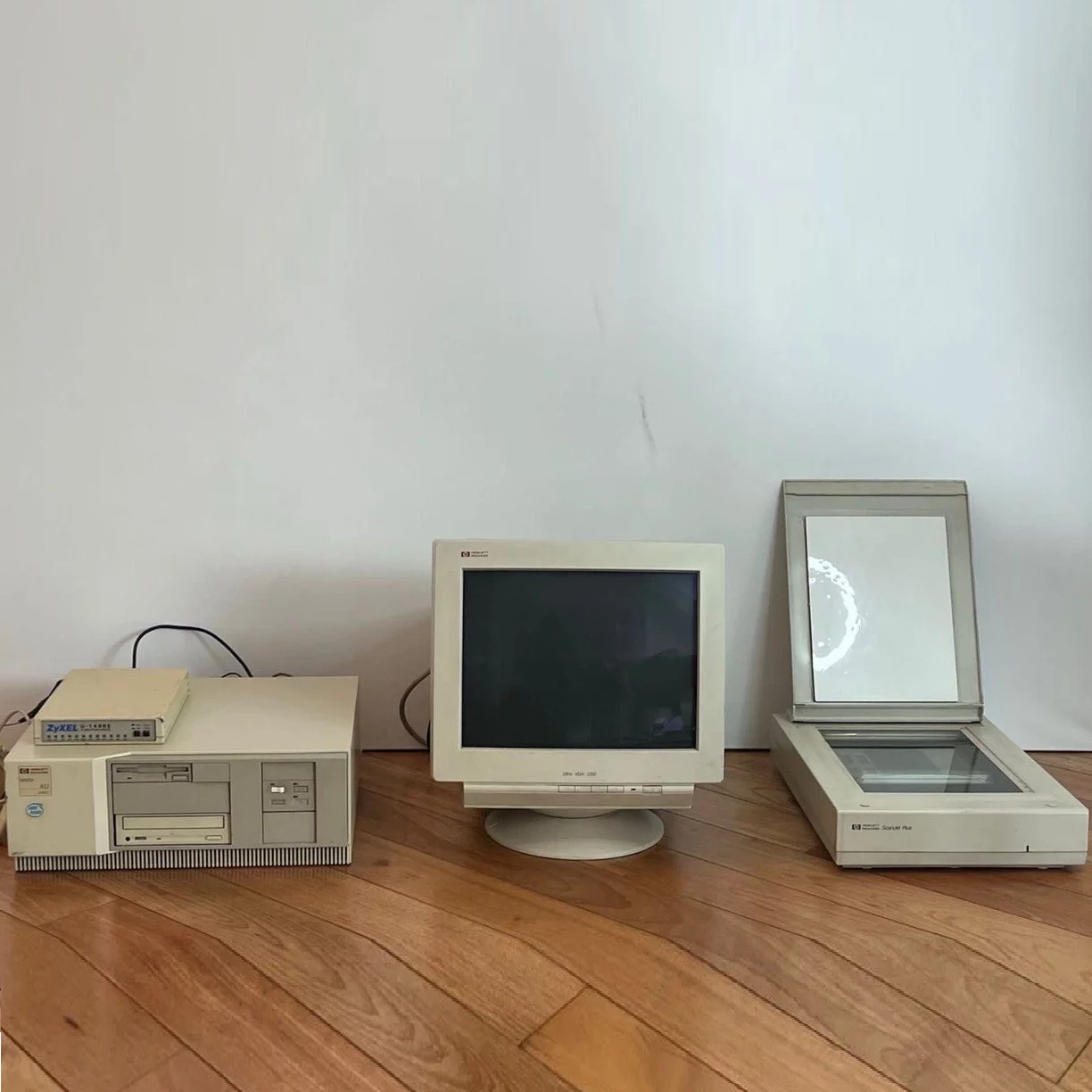
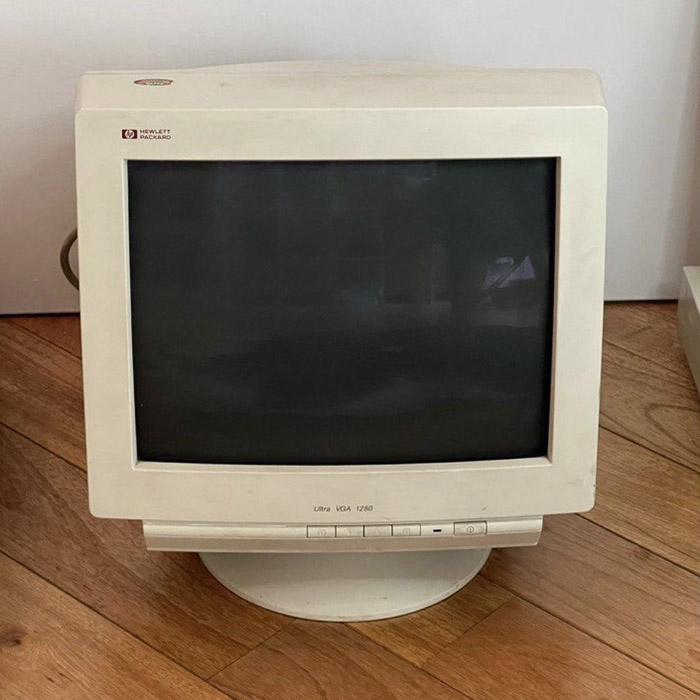
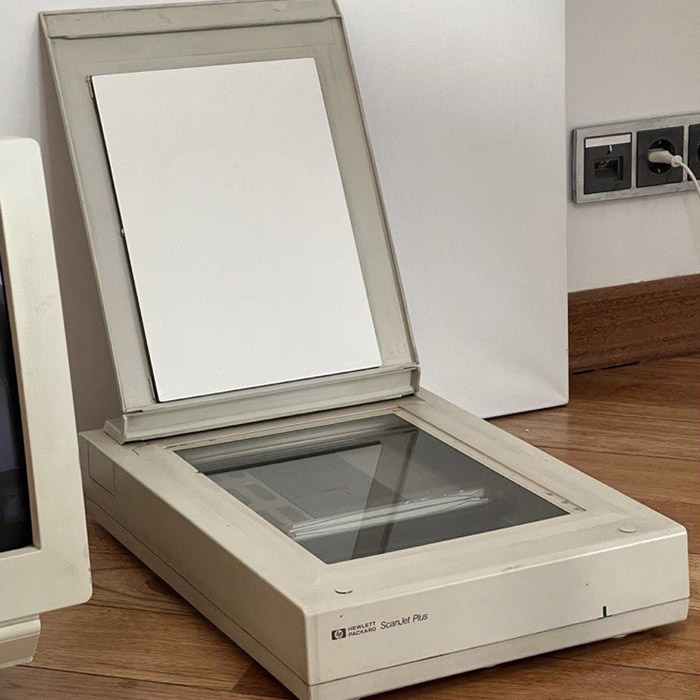
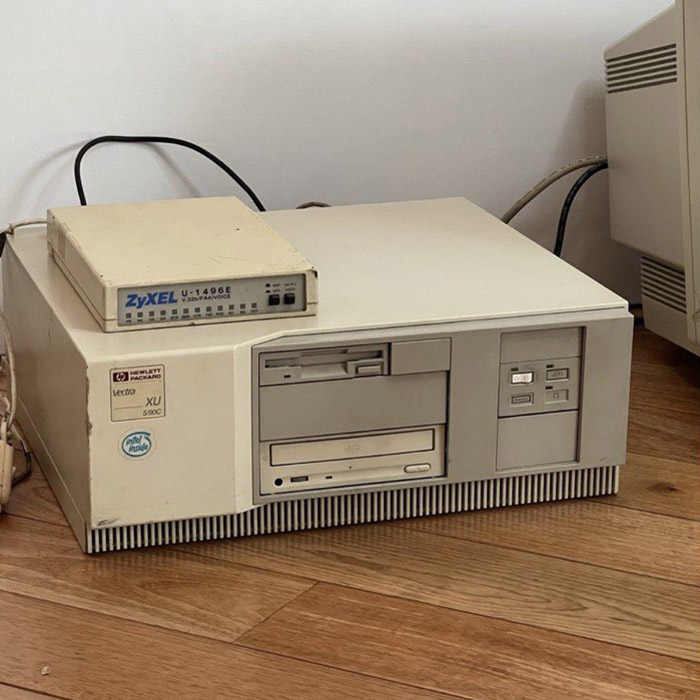
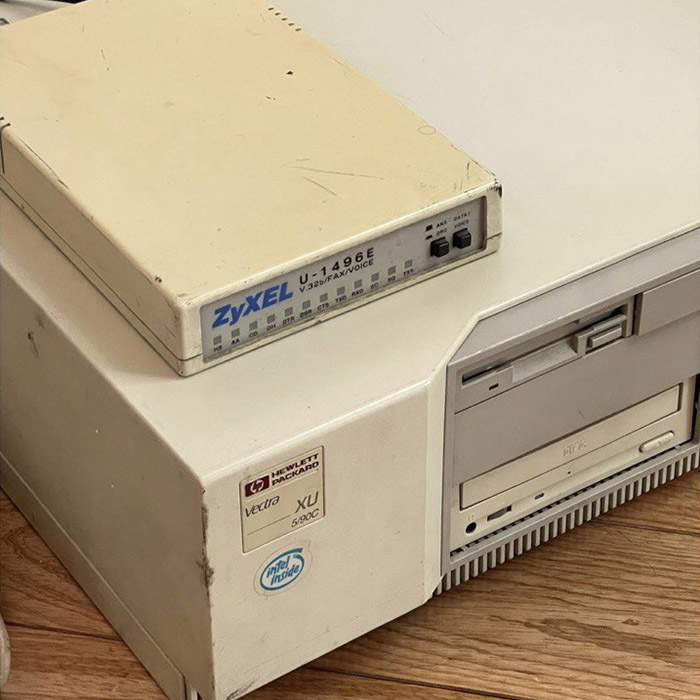
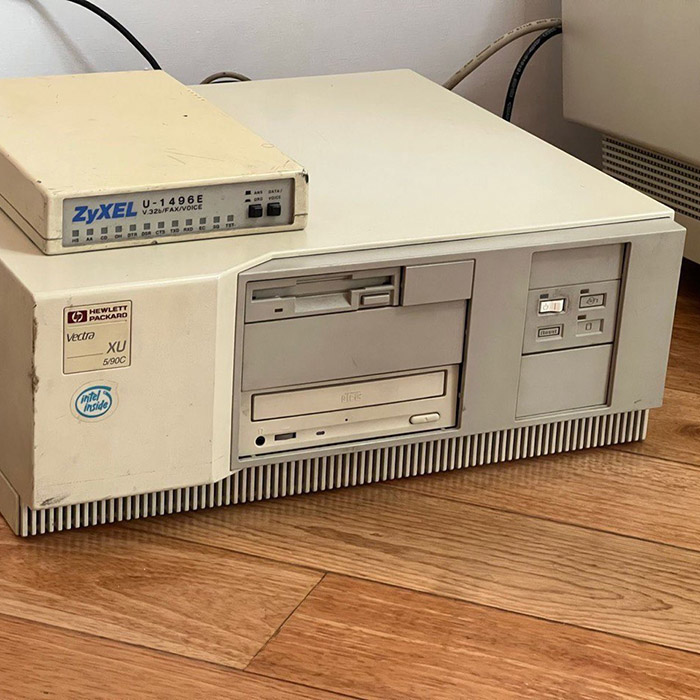
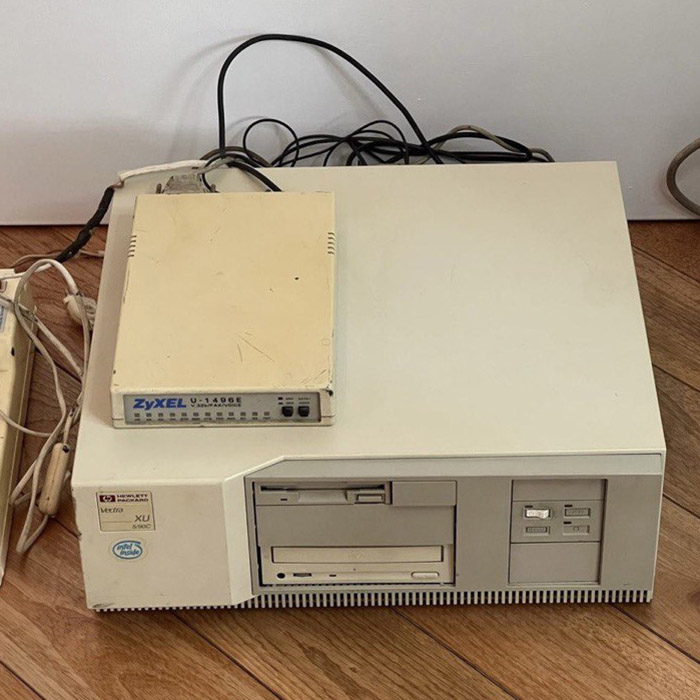







| Brand: | Stargift |
| Material: | plastic |
A passport is attached to products that cost more than 10,000 ₽:

Вход и регистрация происходит по номеру телефона.















| Pickup from the gallery | free |
| In the next day (17 February) | 300 ₽ |
| On the day of the order (16 February) | 400 ₽ |
| Within 2 hours (16 February) | Check with the manager |
| Evening delivery (16 February) | Check with the manager |
| up to 6 km from MKAD (16 February) | 600 ₽ |
| from 6 to 10 from MKAD (16 February) | 900 ₽ |
| Over 10 km from MKAD (16 February) | Check with the manager |
| VIP, by courier (today)(16 February, today) | from 3 000 ₽ (check with the manager) |
| The transport company | according to the tariff of the TC |
Courier delivery is carried out when ordering for a total amount of 5000 ₽


Вход и регистрация происходит по номеру телефона.

The manager will contact you at to confirm the order within 15 minutes during business hours.
| Payment: | By card |
| The amount: | 0,00 |
| Shipping method: | VIP air delivery |
| Delivery address: | New Vasyuki, str. Chairs, 12 |
| Delivery date: | 24.12.2021 y. |
| Delivery Time: | from 17:00 to 21:00 |
| Recipient: | John |
| Telephone: | John |
| Mail: | John |
| Comment: | John |
Чтобы заказать изделие, заполните форму и отправьте нам. В течение 10 минут в рабочее время специалист свяжется с вами для подтверждения запроса!
| Изделие: | Статуэтка железнодорожнику «Стрелочник» |
| Количество: | От 1шт. |
| Упаковка: | Стандартная (бесплатно) |
| Услуги: | 2 |
Чтобы узнать стоимость изделия, заполните форму и отправьте нам. В течение 10 минут в рабочее время специалист скажет стоимость.
| Выбранное изделие: | Артикул: XXX-XX |

You can always contact us
+7 (495) 927 60 67How is it more convenient for you to contact us?